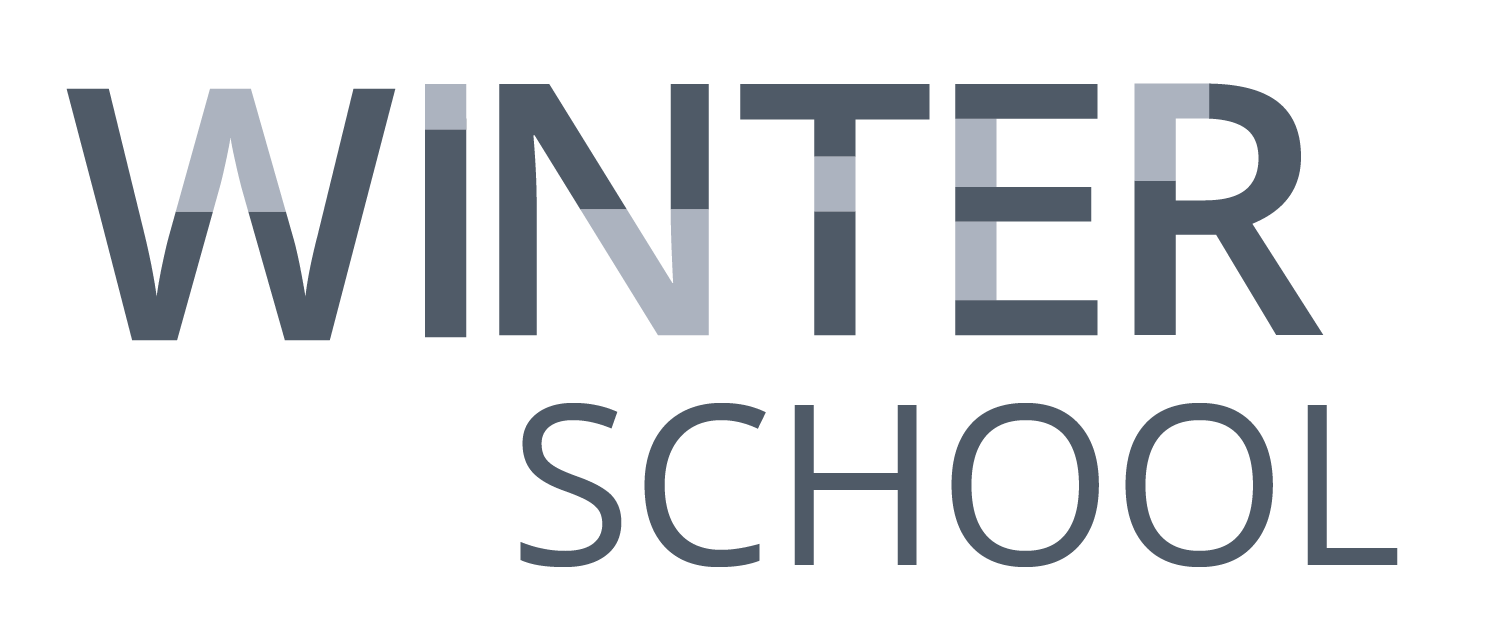[ms_accordion style=”simple” type=”1″ class=”” id=””]
[ms_accordion_item title=”Objectives” color=”” background_color=”” close_icon=”” open_icon=”” status=”open”]
The quality of measurements made by health professionals or by measuring devices is fundamental not only for clinical practice, but also for clinical research. The best study design and the most sophisticated statistical methods cannot overcome the damage caused by measurements with a high degree of error. Despite the enormous importance of “agreement and reliability” studies, these are, however, neglected in the scientific literature.
What does “reliability” mean? And “agreement”? Are they synonyms? Will they represent the same concept in the context of variable measurement in research? Does it make sense to ask if a measurement is valid (according to the true value of what we want to measure) without knowing to what extent we get the same value when we repeatedly measure the same variable in the same subjects under the same conditions? What are the causes of the great inter-observer variability that we often find in health measurements?
These questions will be addressed in this training unit. The statistical methods to assess the “reliability” and “agreement” of measurements will also be covered with practical data analysis exercises.
[/ms_accordion_item] [/ms_accordion]
[ms_accordion style=”simple” type=”1″ class=”” id=””]
[ms_accordion_item title=”Teaching staff” color=”” background_color=”” close_icon=”” open_icon=”” status=”open”]
[/ms_accordion_item] [/ms_accordion]
[ms_accordion style=”simple” type=”1″ class=”” id=””]
[ms_accordion style=”simple” type=”1″ class=”” id=””]
[ms_accordion_item title=”Who is this programme for?” color=”” background_color=”” close_icon=”” open_icon=”” status=”open”]
Researchers, students or professionals in the areas of Health and Life Sciences, Information Sciences, among others.
[/ms_accordion_item] [/ms_accordion]
[ms_accordion style=”simple” type=”1″ class=”” id=””]
[ms_accordion style=”simple” type=”1″ class=”” id=””]
[ms_accordion_item title=”Delivery Mode” color=”” background_color=”” close_icon=”” open_icon=”” status=”open”]
Presential or blended-learning classes.
Working language: English
[/ms_accordion_item] [/ms_accordion]
[ms_accordion style=”simple” type=”1″ class=”” id=””]
[ms_accordion style=”simple” type=”1″ class=”” id=””]
[ms_accordion_item title=”Applications” color=”” background_color=”” close_icon=”” open_icon=”” status=”open”]
Fees
65€
Collaborators and researchers from MEDCIDS – Department of Community Medicine, Information and Decision in Health or from CINTESIS – Center for Research in Health Technologies and Services, with connection to MEDCIDS – Free.
Exemption from fees requires the authorization of MEDCIDS Director / CINTESIS Principal Investigator, up to a limit of 7 trainees.
Vacancies
Maximum 20 | Minimum 5
Application deadline
1 February 2024
 Instructions here.
Instructions here.
[/ms_accordion_item] [/ms_accordion]
[ms_accordion style=”simple” type=”1″ class=”” id=””]
[ms_accordion style=”simple” type=”1″ class=”” id=””]
[ms_accordion_item title=”Curricular Structure” color=”” background_color=”” close_icon=”” open_icon=”” status=”open”]
Credits
not applicable
Duration
12h
Schedule
Monday 5 February 2024, 14h00 – 18h00(WET)
Tuesday 6 February 2024, 14h00 – 18h00(WET)
Wednesday 7 February 2024, 14h00 – 18h00(WET)
[/ms_accordion_item] [/ms_accordion]


